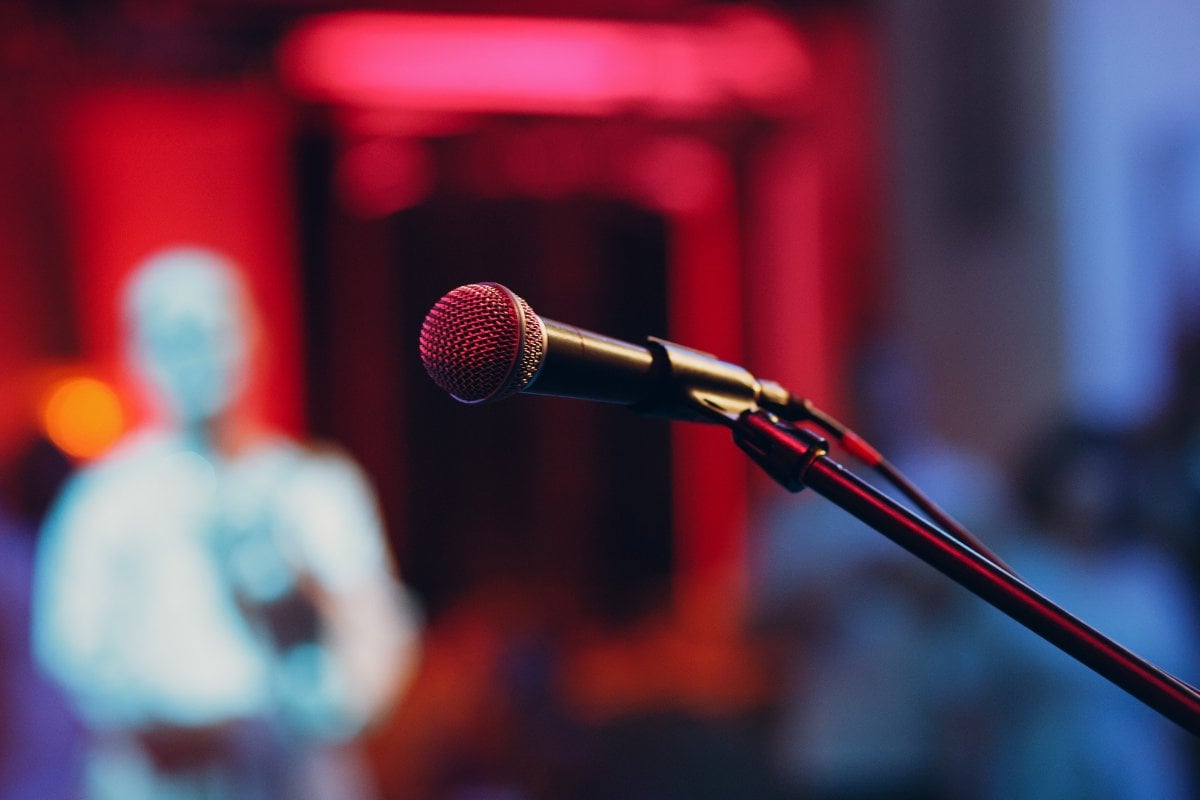
The recent allegations against British comedian Russell Brand have opened the floodgates for women to speak up about the ways abusive men are protected in the comedy scene.
In a damning investigation by Sydney Morning Herald's culture reporter, Hannah Story, Australian women working in comedy have lifted the lid on the pervasive abuse and inappropriate behaviour that's remained hidden for far too long.
The SMH report shared that in 2017, during the grips of the #MeToo movement – which was holding powerful men responsible for decades-long abuse – female comedians in Australia started circulating a colour-coded spreadsheet.
The spreadsheet listed the names of male comedians, alongside a key: red symbolised “don’t be alone with this person”, orange signified they "crossed the line, but it wasn’t assault”, and yellow meant they were “a bit of a creep”.
After a couple months of being shared, the spreadsheet was deleted.
But women in Australian comedy found other ways to share their experiences. Colin From Accounts actor and comedian Elouise Eftos revealed that women started group chats to flag certain male comedians.
“If you post that you’re in a line-up with someone who’s a known sexual predator, you’ll get a little ping from a group chat or from a female comic,” she said.
Eftos added that she wishes the responsibility didn't have to land on women to protect each other. “We have to do all this work because we’re women in the industry. I wish that male comics would step up,” she said.
In an industry that often makes jokes at the expense of women, this isn't the first we've heard of abusive and inappropriate actions. Pop singer and TikTok star Peach PRC accused Aussie comedian Alex Williamson of “abusive” and “predatory” behaviour in 2021.






























































































